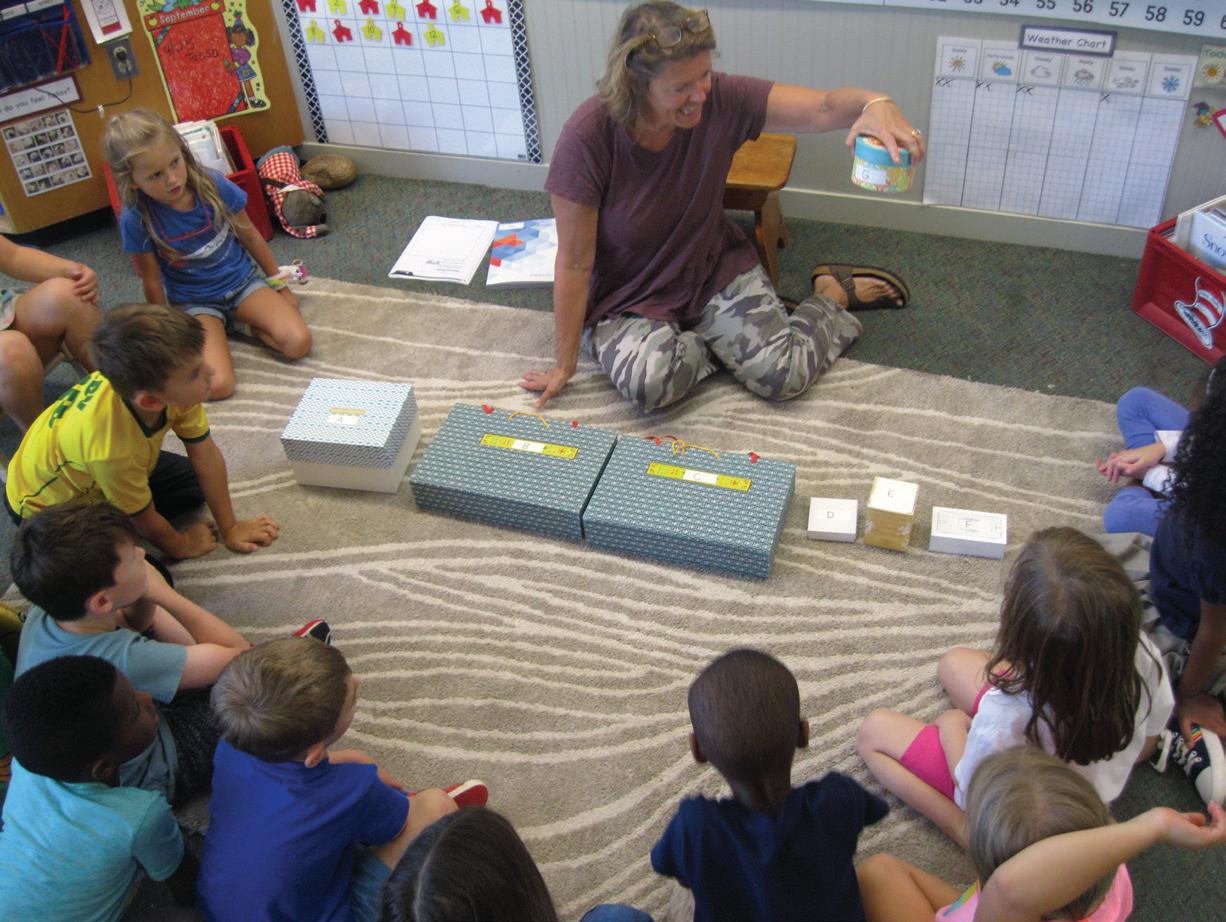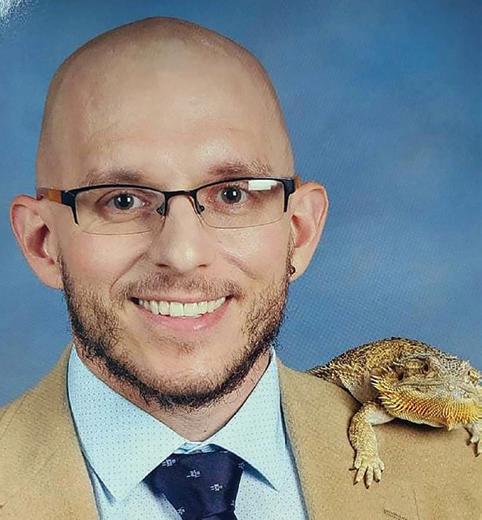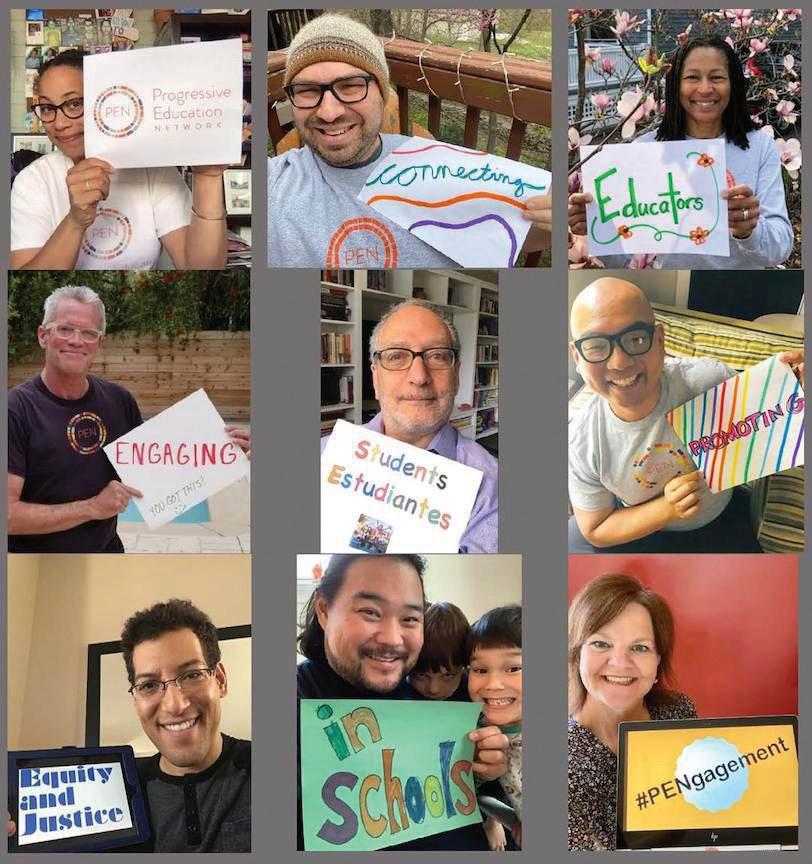
4 minute read
Jo Jo the Puppet and Progressive Teaching
— by Ann Douglas
During my elementary school years, I think of my French teacher, Madame Greenwood. Madame Greenwood would enter the classroom several days a week pulling her red wagon. In it was an old paper mache and cloth puppet named Jo Jo. He did not appear in every lesson, but when he did, we were enchanted. We had fashion shows, set up cafes, rode tricycles in the hall to commemorate the Tour de France, and ate la pain au chocolat. Along the way, I learned a great deal of French and acquired a lovely French accent. I didn’t go on to become a French major, but I learned to love the language.
I attended public schools and while there was a great deal of memorization and rote learning, teachers then were not teaching to a test. A sixth grade teacher in our school asked families to collect pop tops from cans. We scoured the neighborhood and brought in many encrusted with dirt. The host class counted them, hoping to reach a million. They didn’t make it, but it was fun and helped us to gain number sense. This was one of the first exercises in sustainability!
I always knew that I wanted to be a teacher. I have taught now for 30 years, 25 of which have been in progressive schools. I became a progressive teacher quite by accident. When my son with Down Syndrome was born, we were directed to a small preschool that used a progressive curriculum, High Scope. I was a parent and a teacher at this dynamic school. What I learned from these gifted teachers was HOW to teach. Not what. Not when. We learned to follow the child’s lead, to honor their stage of development, and to provide opportunities for young children to explore, make plans and work together. I spent ten years teaching here before moving on to a progressive farm school, enrolling children from preschool to eighth grade. Here, I also learned from passionate teachers and came to value outdoor education. I am still thriving there, teaching first graders. Both of these schools embraced the arts. Through the arts children are able to create, problem solve and experiment. They learn to love the process of their learning. Mistakes are made. Children are learning partners with the teacher and reflect on their challenges and successes. They learn to support others in their learning, too.

Learning to be good citizens of the world and in our own little communities is crucial. Helping children to embrace conflicts and to solve them peacefully is a life-long lesson that pays dividends. These skills need to be taught. Appreciating the diversity of our communities also requires conversations. We are lost without the ability to connect.
We do not know what jobs our children will acquire in the future; they are changing so rapidly! But, we do know that learning how to create, communicate and collaborate will be essential in any profession. Children should love school; it should be fun and welcoming and respectful of their needs as children and as learners. This is what we want for all children, including our own.

Current brain studies have finally caught up with what progressive educators have known all along. Children learn best when they are engaged and interested and are a part of the learning process. My first graders do a farm life and garden unit each spring. Along with time spent feeding and learning about the animals in our barn and planting a garden, they chose topics to study. Some of the children wrote and performed Reader’s Theatre scripts, performed poetry and songs, made presentation boards, dioramas or mobiles. The teacher acted as a facilitator and provided necessary materials. The children worked hard and were successful in the end. The children taught each other. This experience was so much more than learning how a seed grows or what the life of a farmer is like.
I went on to have Madame Greenwood as my French teacher in my early high school years. She was still giving us opportunities to explore and enjoy the language. I painted a mural on her classroom wall of all things French, and while doing so we had to speak French! (I did learn how to conjugate verbs.) I felt great joy in learning; this made all the difference.
Not all of us can teach at a progressive school. But, we can try to know all of our students and respect their educational journey. We add those experiences that make learning fun and meaningful. Even if it means using a paper mache puppet like Jo Jo.
ABOUT THE AUTHOR Ann Douglas teaches first grade at a progressive farm school in Northern Virginia. She has been a teacher for 30 years, most of that time in progressive schools. She has led numerous workshops on different aspects of her progressive curriculum, including using a peace curriculum, how to do book writing in the classroom, making math more experiential, and how to implement a Loose Parts curriculum. Her students enjoy many art activities, including weaving and sewing, and spend time outside enjoying their 25-acre campus in Virginia and another 500-acre campus in West Virginia. Her email is










